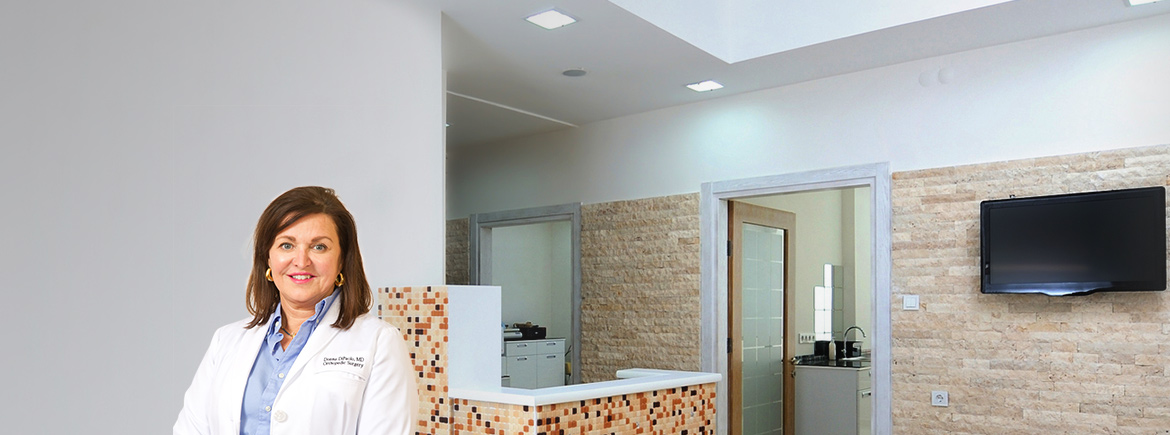
Rehabilitation is essential to ensure an optimal recovery after shoulder replacement surgery, helping you regain mobility and strength in your shoulder joint. While navigating the recovery process may seem difficult, it doesn’t have to be with proper guidance.
Rehabilitation after shoulder replacement surgery is easier than you may think when following these simple tips:
- Follow Your Surgeon’s Instructions: Following any surgery, it is vital that you strictly adhere to your surgeon’s postoperative instructions. They may advise you to take prescribed medications, schedule follow-up appointments, or take certain precautions during your recovery. Ultimately, your surgeon knows what is best for your rehabilitation so make sure to listen.
- Manage Your Pain: Postoperative pain is inevitable following shoulder replacement surgery. To help manage your pain, make sure to regularly take any prescribed or over-the-counter pain medications, try combining heat and ice therapy, and compress your shoulder when necessary.
- Practice Proper Wound Care: Following shoulder replacement surgery, you will have an incision at your shoulder that must be cared for. To avoid infection, make sure to regularly change the dressings, keep your incision site dry, and look for any warning signs of complications.
- Have Patience: While it might be easier said than done, having patience during this time is required. Your shoulder will begin to heal with time, so taking each day one step at a time is a must.
- Get Adequate Rest: Our body's healing mechanisms are enhanced when we sleep. To heal your shoulder tissue more efficiently, it is important to get adequate sleep, around 8 hours each night. Also if you feel as though you are overexerting yourself during the day, take time to sit or lay down and rest.
- Gradually Start Exercising: While rest is important for recovery, so is exercise. While your shoulder is healing, you must build strength and flexibility in your new joint for it to function and heal properly. You will likely start physical therapy, engaging in targeted exercises that gradually build up as you rehabilitate. Make sure to stick to your physical therapy regimens but don’t overdo it.
Rehabilitation after shoulder replacement surgery shouldn’t be difficult if you follow these tips and maintain open communication with your surgeon and physical therapist. For more guidance, Dr. DiPaolo is committed to helping his patients beyond the operating room, guiding them through recovery and back to normal in no time!
Dr. Daneca DiPaolo is a highly-skilled, board-certified orthopedic surgeon located in Grenada, Mississippi. She offers the latest orthopedic techniques and provides quality, compassionate, state-of-the-art orthopedic care.









